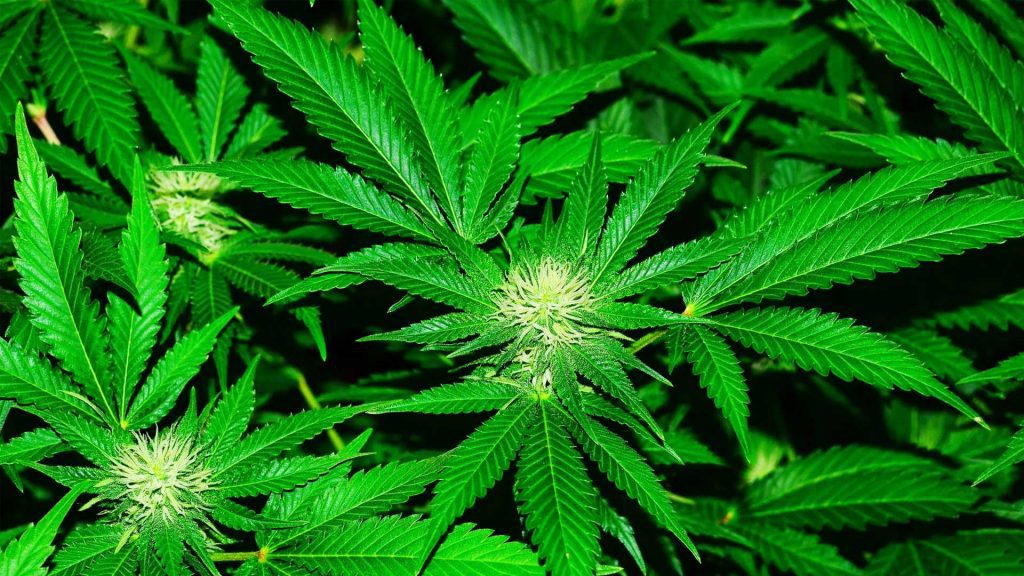

Sleep is of vital importance to the nervous system, regulating brain and bodily homeostasis, cognitive abilities, and energy levels. Current neuropharmacology trends reveal that a night of good sleep has undisputable benefits for general health and wellbeing.
Chances are, you’ve heard the term CBD and/or Delta-8 used somewhere. Medical marijuana experts, local dispensaries, and popular wellness influencers alike advertise these cannabis alternatives for treating Insomnia, a common sleep disorder that makes it difficult to fall/stay asleep. You might be thinking, “Wait, cannabis? Doesn’t that make you high?” Well, if the goal is to sleep better, let’s see what anecdotal realities reveal.
What is CBD?
Cannabidiol (better known as CBD) is a 21-carbon terpenophenolic compound produced either synthetically or following decarboxylation from a cannabidiolic acid precursor, and one of the naturally occurring cannabinoids found in cannabis plants having effects on the endocannabinoid system (ECS). Within the ECS is a system of cannabinoid receptors (CB1 and CB2) in the brain and central nervous system.
What is Delta 8?
Delta-8-tetrahydrocannabinol (delta-8 or Δ8) is another naturally occurring cannabinoid found in smaller amounts in the cannabis plant. It is an analogy of THC (Delta-9-tetrahydrocannabinol), the main psychoactive cannabinoid found in cannabis known to cause the “high” sensation associated with marijuana. According to the National Cancer Institute, Delta-8, with analgesic, appetite-stimulating, and neuroprotective traits, is a less potent and easy way (than Delta-9) to benefit from contemporary herb without getting high.
How can CBD and Delta 8 improve sleep?
Even though alternative factors may influence how cannabis affects our sleep, experts are confident that the cannabis plant is possibly a very powerful natural solution for supporting quality rest.
Irregular sleep/wake cycles induce neural problems and are a key part of almost all human psychiatric disorders, including memory formation. For those suffering from insomnia, CBD is increasingly becoming popular all over the world as a remedy for treating sleep disorders. A study published in Permanente Journal about 72 adults suffering from anxiety and poor sleep who took CBD regularly in a psychiatric clinic, saw anxiety scores decreased by 79 percent, while Sleep scores improved by 66 percent of the participants upon administering 25 mg of CBD capsule. This is self-evident that CBD and cannabinoids can significantly improve sleep.
More contemporary, CBD, which is anxiolytic substantially reduces anxiety to calm the mind. “It can help reduce sleep difficulties and improve sleep quality in patients with fibromyalgia, chronic fatigue, and those suffering from primary insomnia,” says Vahid Salimpour, a doctor with Canada-based Apollo Cannabis Clinics.
CBD and Delta-8 interact with proteins and cells in the brain through the endocannabinoid system, potentially affecting the sleep/wake cycle by calming down processes like breath, heart rate, and mental activity. Although much less potent, Delta-8 consumers report most of the effects of THC, such as mild euphoria, happiness, uplifting feelings, and relief from chronic pain, inflammation caused by arthritis, and sleep seizures.
Also, modulation of the ECS with the ideal CBD/delta-8 balance may hold therapeutic promise for a diverse scope of diseases such as insomnia, rapid-eye-movement (REM), and sleep behavior disorder.
